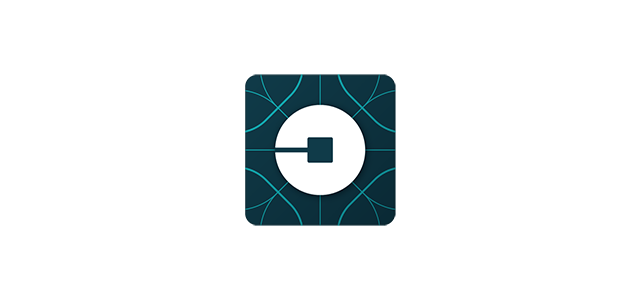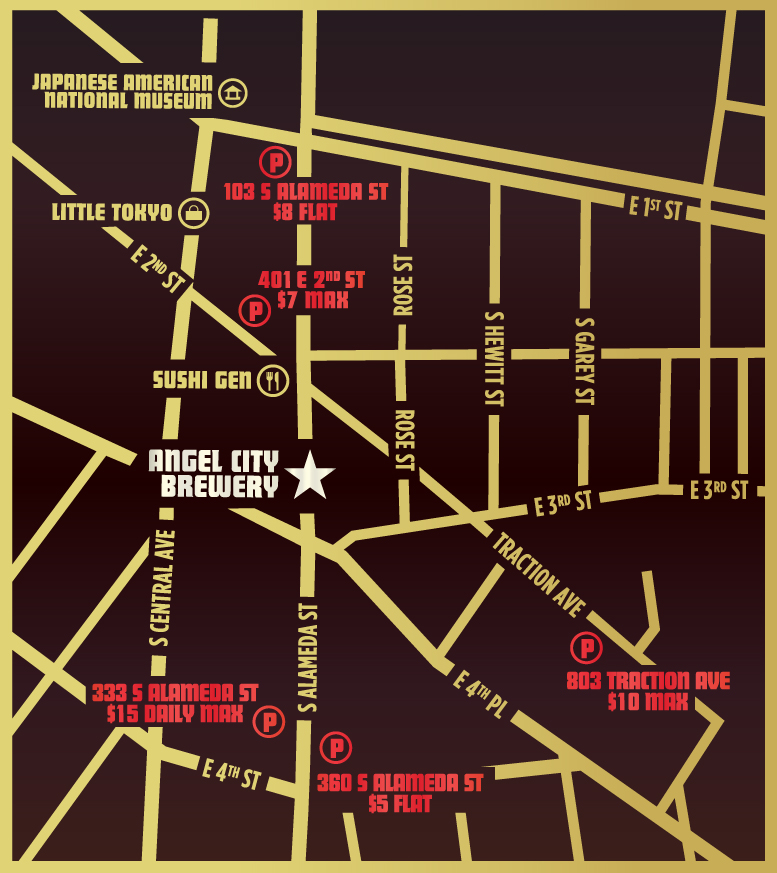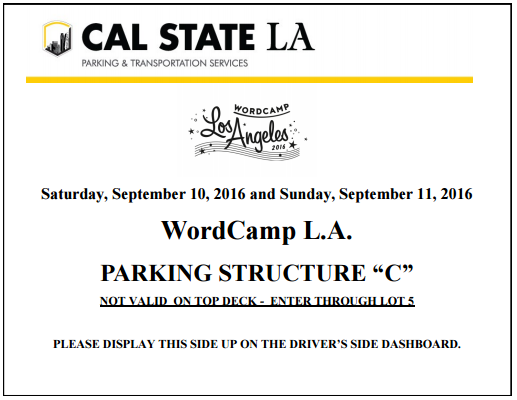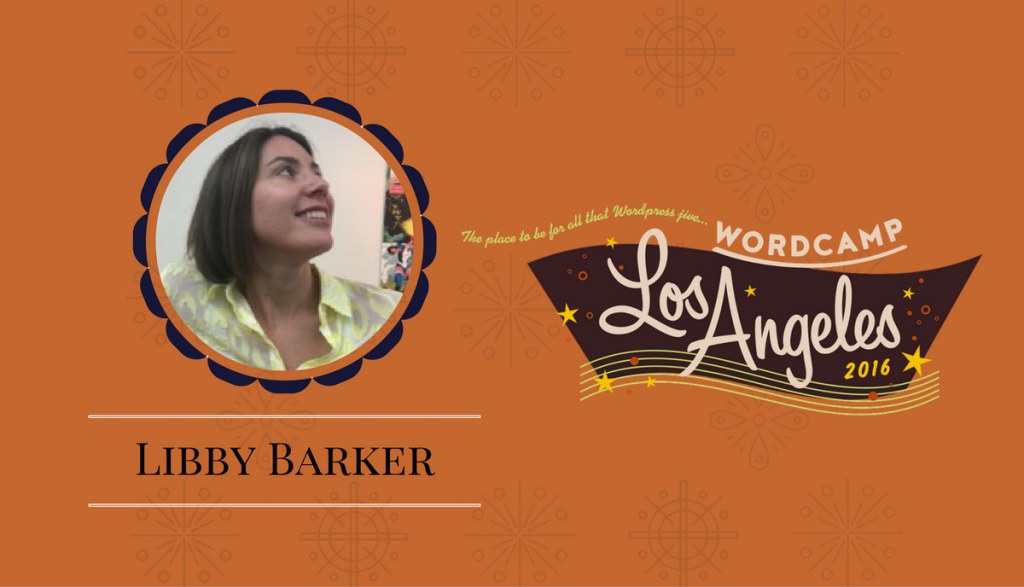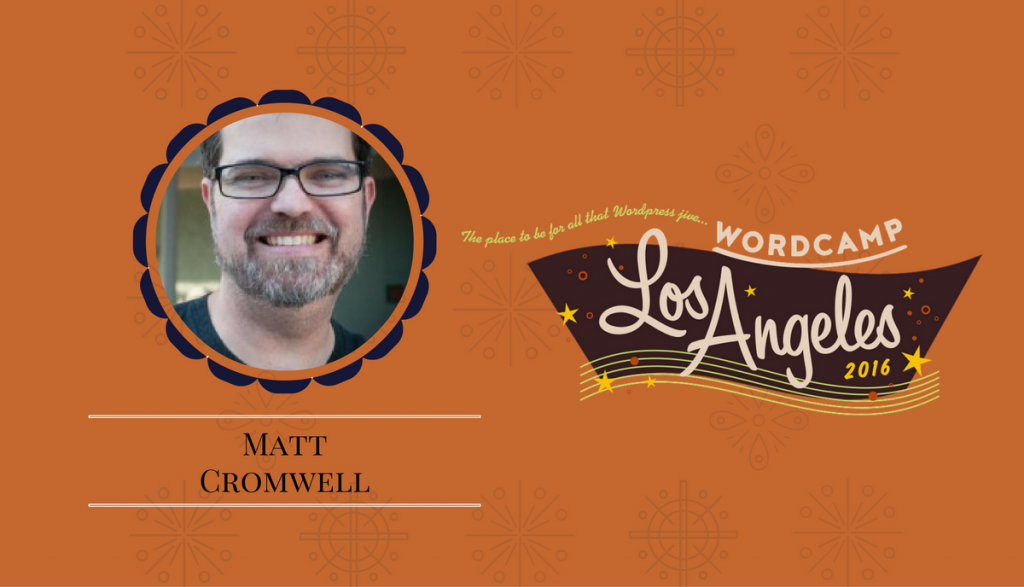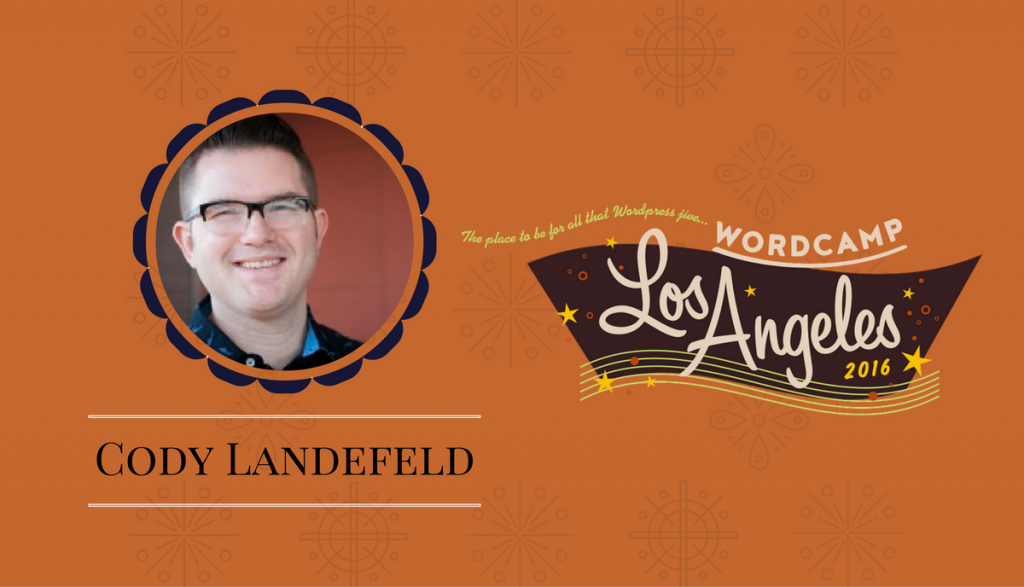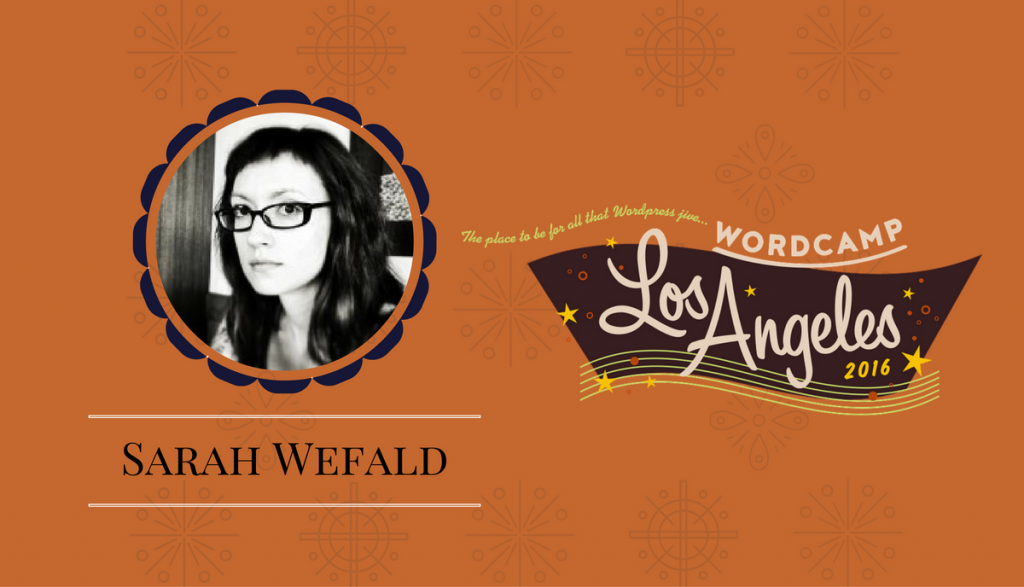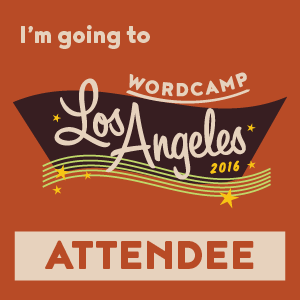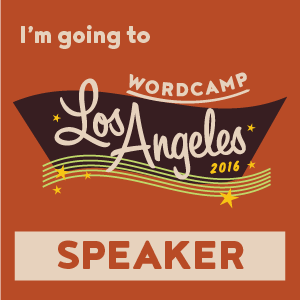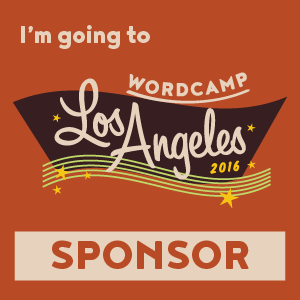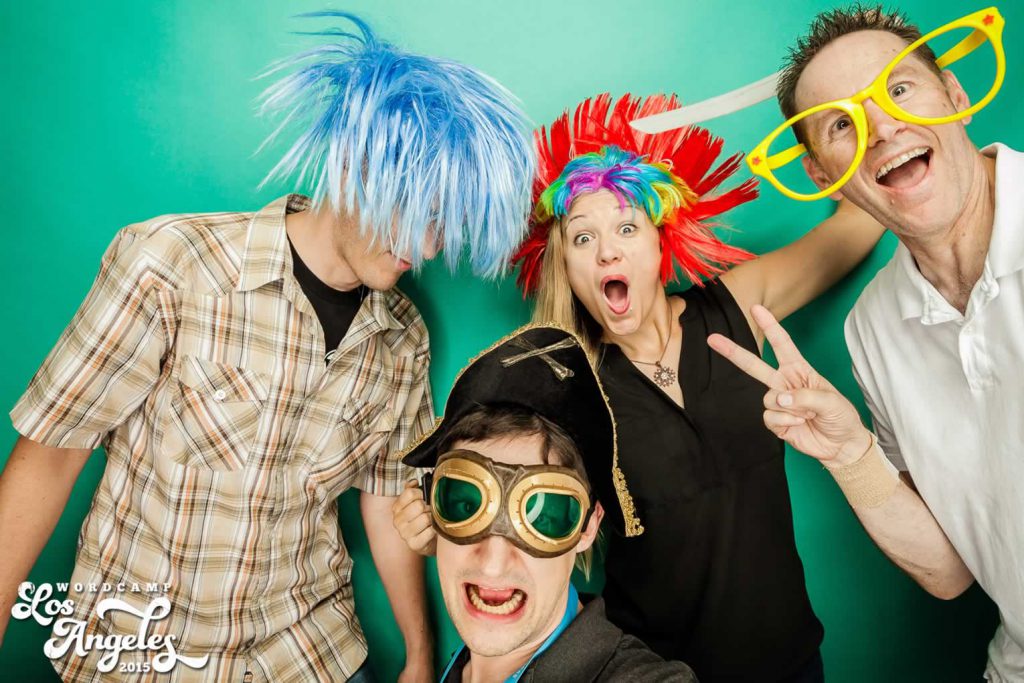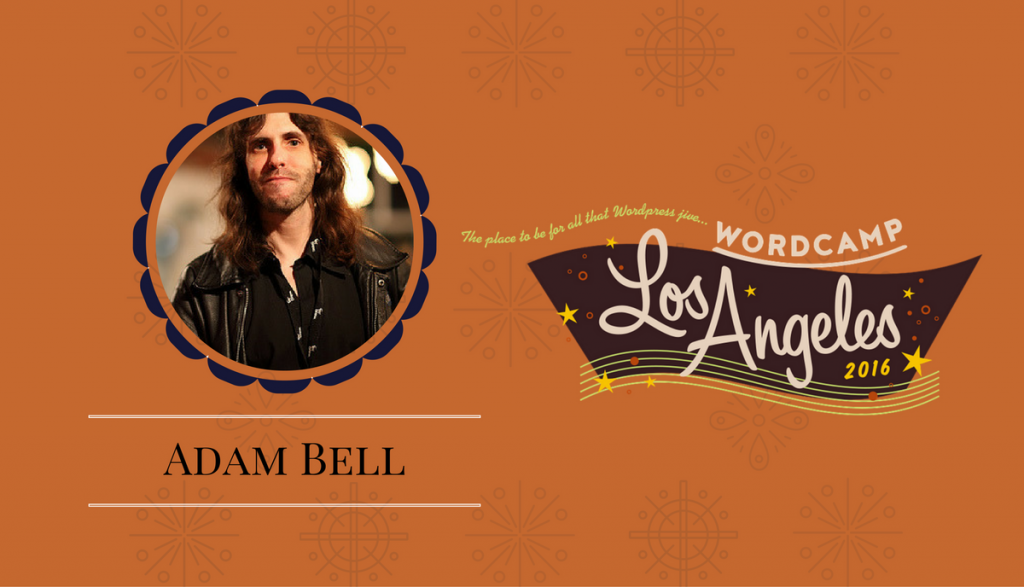Rachel Carden is a Senior Software Engineer for The Walt Disney Company with over ten years experience in back and front-end web development and digital design.
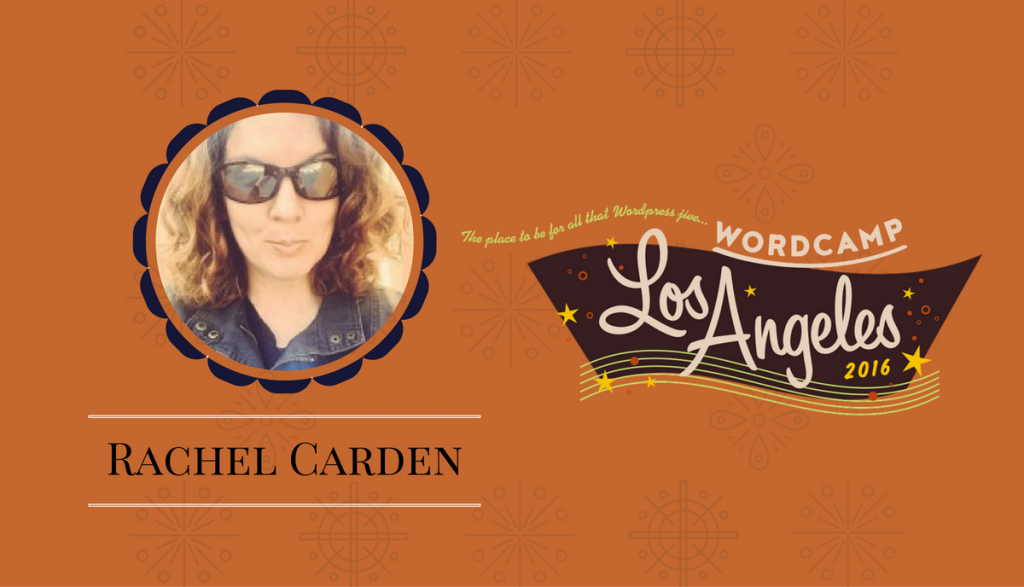
Before Disney, she founded WPCampus: Where WordPress Meets Higher Education and spent over nine years working in higher education. Rachel enjoys building an accessible, open web using numerous, and ever changing, languages, frameworks, and APIs.
What should we know about you that you haven’t included in your brief, third-person, professional biography?
Earlier this year, I moved across the country from Alabama to California to work for The Walt Disney Company. Exploring Los Angeles and California has been a blast. There’s so much to see and do! I’m so grateful that I had friends in California who have been making sure I never want for a new adventure. And you know how we met? WordPress, of course. 🙂
Which Disney movie is objectively the greatest and why?
Objectively, The Lion King. You just can’t beat that combination of storytelling and music. Unobjectively, I could watch the animated Robin Hood every day for the rest of my life.
What initially sparked your interest in web accessibility?
My passion for web accessibility sparked when I worked in higher education. Higher education institutions, at least those who receive federal funding, are required by law (Section 508) to meet a certain standard of technology accessibility. When you work in higher ed, accessibility is required by law to be a part of your daily workflow.
And while the legal nature of accessibility plays a big role, the human element should be what drives us as web professionals to ensure our information is accessible. Data shows 1 in 5 people have a disability. If your site is inaccessible, you could be excluding 20%
of your potential users,
customers, students,
etc. You could be restricting your information from 20% of the world. That’s a huge number.
If you place importance on web accessibility, you’re saying that you want your information, products, and services to be available to everyone. And not just those who can see, or who can hear, or can control a keyboard and mouse.
People matter. And once you realize the impact good accessibility can have on making your information available to everyone, you can’t help but become passionate about its growth.
Could you tell us a little about WPCampus, it’s origin, and how the first conference went?
WPCampus is a community and conference for web professionals, educators and people dedicated to the confluence of WordPress in higher education. Its mission is to advance higher education by providing a support structure and wealth of knowledge for anyone who uses, or is interested in using, WordPress in the world of higher education.
WPCampus was founded in August 2015. The idea came to me from a tweet but it was no surprise that it caught on and grew so quickly. Before WPCampus, there was no organized collaboration or discussion for those using WordPress in the world of education. We knew we were on to something special.
The WPCampus community, and its events, are open to faculty, staff, students, and even those outside full time education. We have lots of individuals from the WordPress community at large who want to be involved and help out in whatever way possible. What’s more, our member base includes folks from all over the world. It’s been amazing to see how passionate our members are about what we’re doing and what we can achieve.
We organized our first conference this year, which took place July 15-16, 2016 at The University of South Florida Sarasota-Manatee in Sarasota, Florida. The event was amazing and we consider it a huge success. We had over 150 attendees, from 60+ educational institutions in the U.S. and Canada, join us for a knowledge-filled two-day event. Videos from most of our 38 sessions can be found on the event website at https://2016.wpcampus.org/.
If you work at a university, and would like to bring the awesome of WordPress in higher ed to your campus, WPCampus is accepting applications to host our conference for 2017. The application will close Friday, October 28, 2016. You can learn more at https://wpcampus.org/apply-to-host/.
If you would like to get involved with the WPCampus community, you can do so at https://wpcampus.org/get-involved/.
What’s an easy step WordPresser’s can take today to start making their sites more accessible?
The best way to get started with accessibility is to evaluate your website. There are a multitude of tools that will scan your website and, what’s more, will explain how to address any issues that are found. This is an easy, first step that will give you a good overview of how to take care of existing issues and will educate you on how to build sites going forward.
If you download my recent WordPress plugin, Wa11y, you will have access to two of my recommended tools: tota11y and WAVE. I also recommend HTML_CodeSniffer, which comes with a handy dandy bookmarklet for quick in browser testing. Most of these tools can be used without loading software to a website. This can really come in handy if you’re considering purchasing a WordPress theme or plugin and would like to evaluate their demos beforehand.
If you’d like to learn more about accessibility, and the available tools and resources, join me at WordCamp LA on Sunday at 1:30. We can work together to make the Internet more accessible, one website at a time.
Head over to the Dunbar at 1:30pm on Sunday September 11 at WordCamp Los Angeles 2016 to catch Rachel’s presentation, Tools and Techniques for Evaluating Accessibility.
